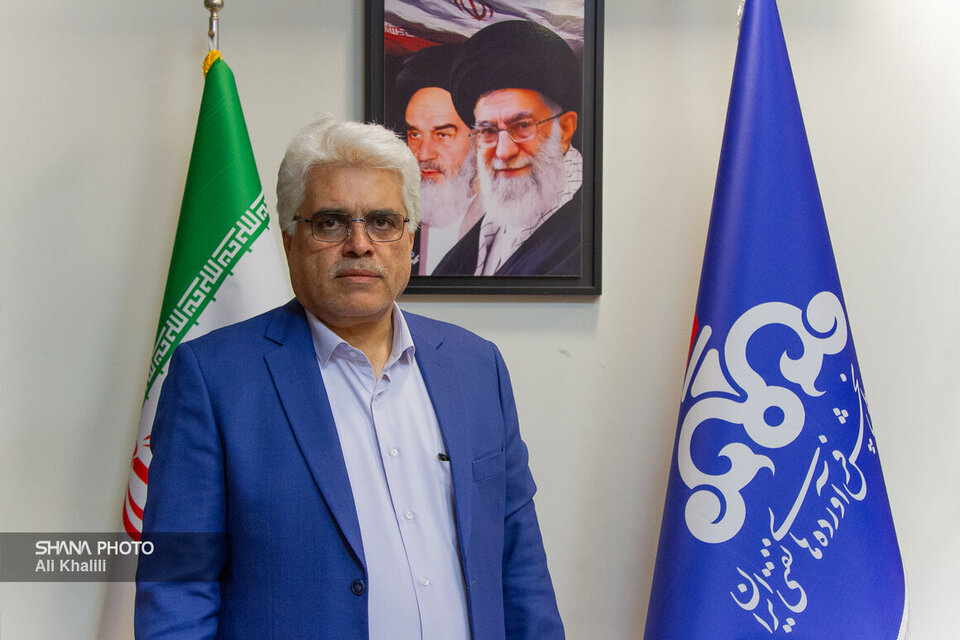Keramat Veis-Karami said that under directives from the Central Arbaeen Headquarters, led by the Interior Ministry, specific responsibilities are assigned to all ministries and service agencies, including the Oil Ministry. In this framework, the company is tasked with supplying gasoline, diesel and liquefied petroleum gas to pilgrims and service tents along routes leading to the borders.
He said preparations for fuel supply in border provinces began three to four months ago, with gasoline and diesel stored in oil depots to meet the anticipated demand surge.
Higher fuel card limits at border stations
Veis-Karami noted that gasoline consumption in Kermanshah Province, which lies on routes to the Khosravi and Mehran border crossings, has risen from a daily average of 2.2–2.3 million liters to more than 3 million liters.
To meet demand, fuel card withdrawal limits at border stations have been increased. Emergency station cards in border areas, as well as personal card limits in several provinces, were raised at the request of provincial governments and local distribution companies. In Ilam Province, the personal card limit has been increased to 50 liters, and adjustments were made in Kermanshah and Khuzestan to ensure pilgrims can refuel without restrictions.
Eighteen mobile gasoline stations, previously used in Tehran, have been relocated to border points, while LPG for service tents is being supplied in cylinders and distributed across border provinces.
Continuous station inspections
Veis-Karami said CNG stations in border provinces will operate at full capacity during Arbaeen, with inspection teams monitoring stations around the clock to ensure uninterrupted fuel supply.
He added that the transportation committee of the Central Arbaeen Headquarters issues weekly directives to boost fuel allocations for passenger transport fleets. Bus quotas—both for new and existing vehicles—are being increased, and fuel is provided as an advance allocation.
With these measures and continuous oversight, Veis-Karami said, authorities aim to ensure pilgrims experience no fuel shortages during the Arbaeen pilgrimage and can complete their journey peacefully.


Your Comment